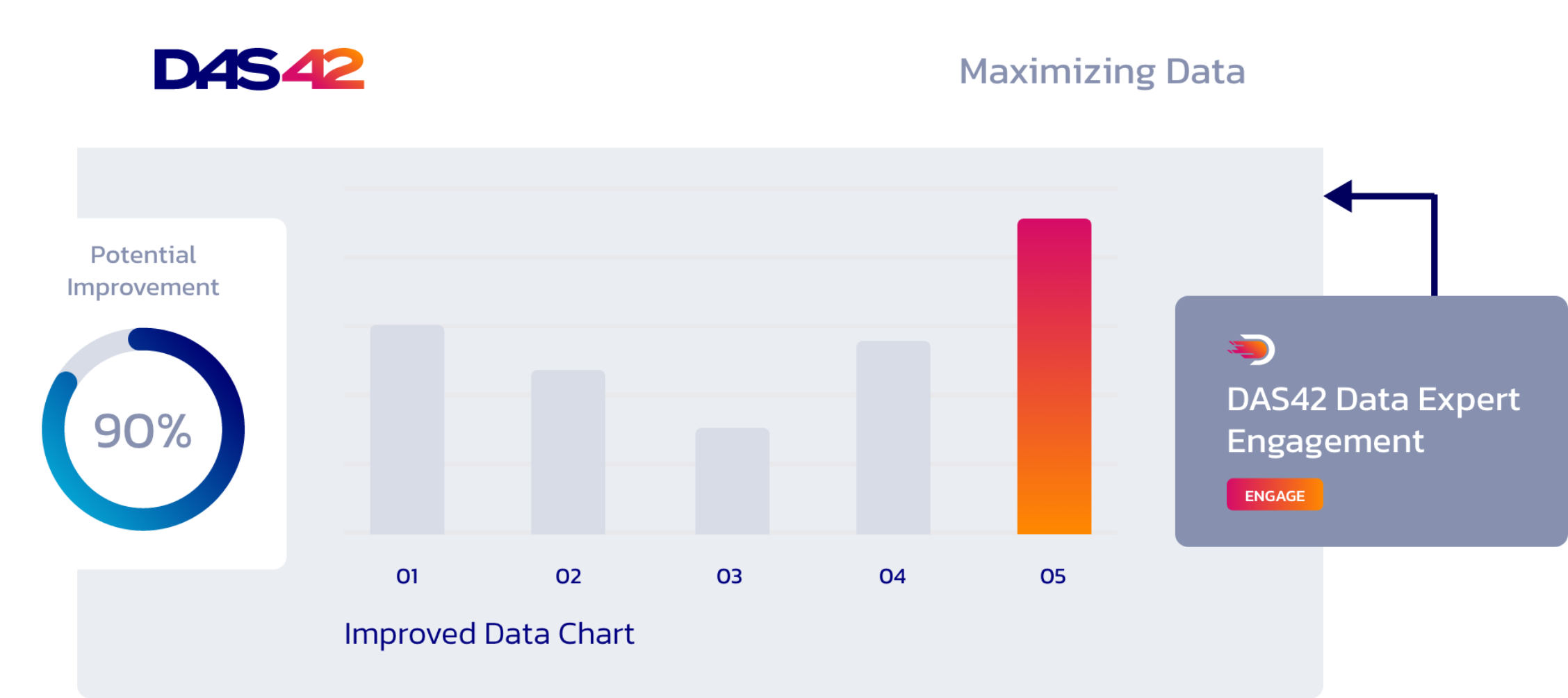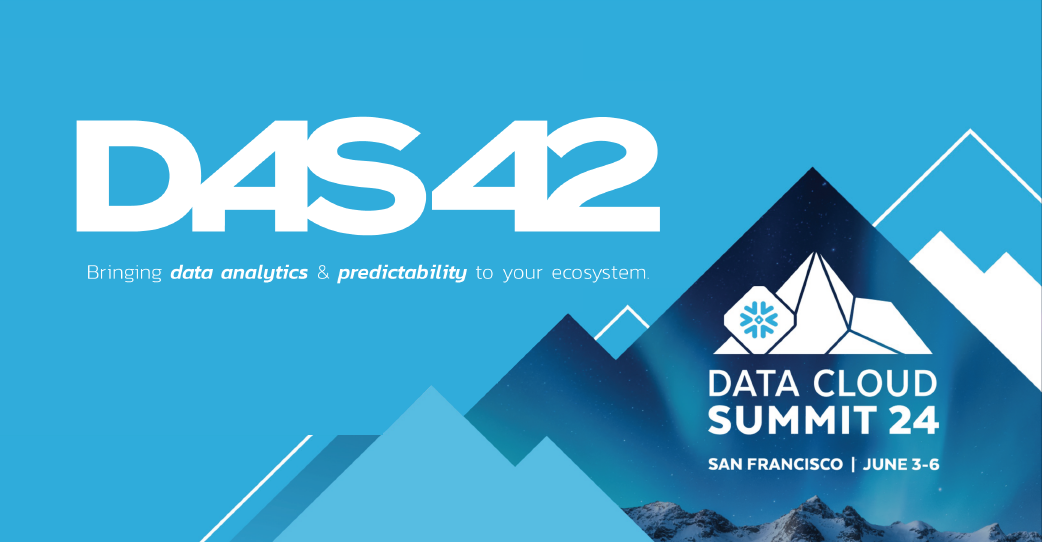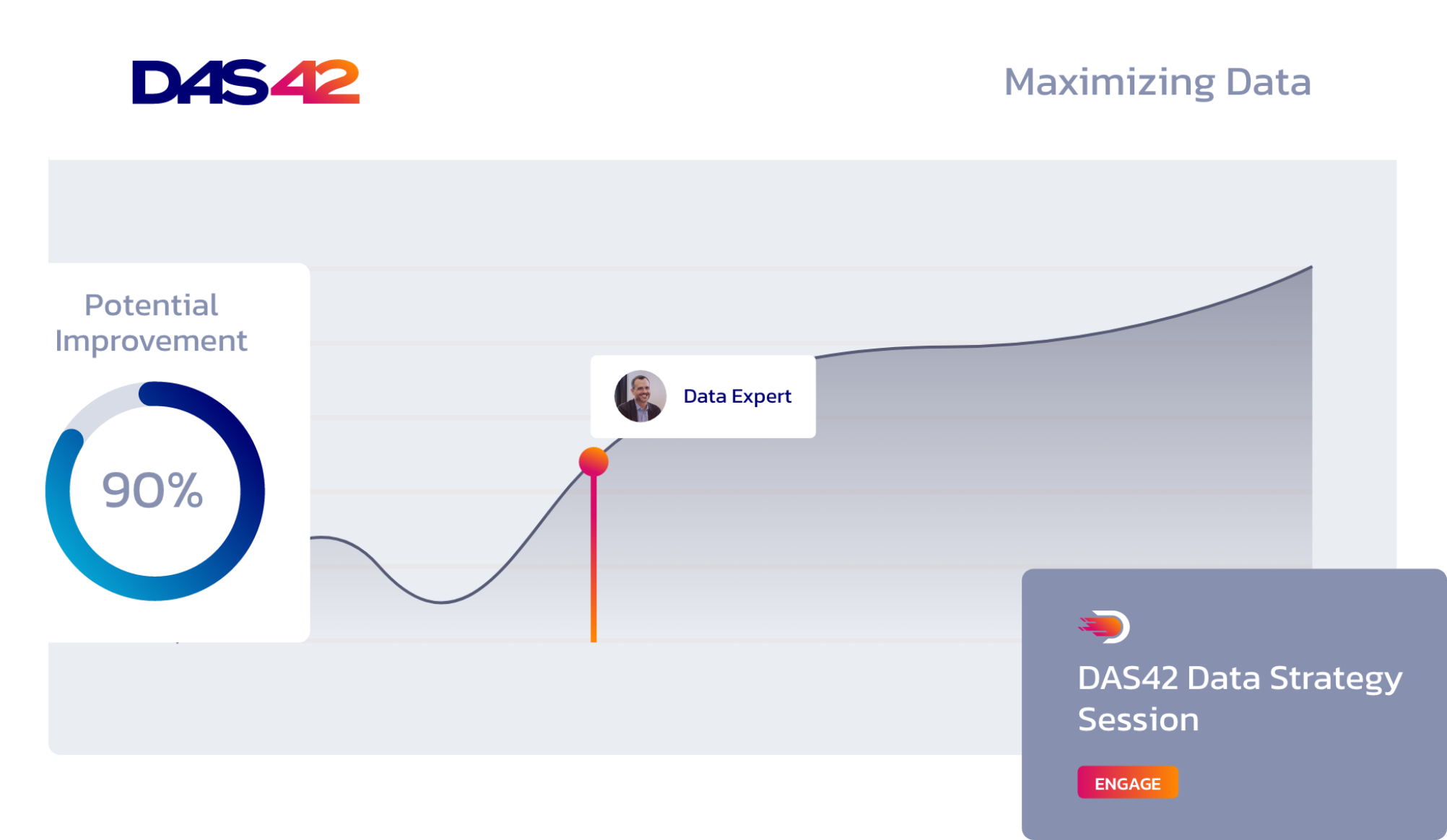Asking the right questions can help you unlock the true value of your data assets.
We often collect large volumes of data in the quest for data-driven decision-making. It can be easy to become a dragon, sitting on a massive hoard of data and using none of it, with decision paralysis resulting from the sheer scale of the task. Knowing what questions to ask — knowing the questions born naturally from your industry landscape and needs and then customizing those questions for your particular business, your systems, and your people — is a key driver to get you “spending” that pile of gold. This blog presents ten questions to ask early and often, each aimed at deepening your understanding of your data, helping you develop strategy and identify issues, and enabling you to take action and propel your business into the future.
1. What Objectives Does Our Data Serve?
Every data source ingested should align with at least one clear business objective — probably more than one. This alignment ensures that the insights gained directly apply to your strategic goals, maximizing the relevance and impact of your data analysis efforts.
2. What Manual Steps Does Our Data Require?
Does someone need to manually kick off a job once your month-end processes close? Do you have vendors with email files that must be uploaded regularly? Does someone update currency conversion rates in your CRM each month or each quarter? Do new assets need to have groupings and classifications applied? Identify the steps of your data transformation that rely on direct intervention and are vulnerable to errors.
3. Where Does Our Data Come From?
The source of your data may significantly impact its reliability and usability. Understanding where your data originates allows for a more accurate assessment of its quality and relevance.
4. How Reliable and Complete is Our Data?
Assessing data integrity early in the analysis process prevents the formulation of insights based on incomplete or inaccurate data, which could lead to flawed decision-making. To find out where your data currently stands, take DAS42’s Data Maturity Quiz.
5. How Is Our Data Organized and Stored?
The structure and storage of your data can significantly impact your ability to analyze it efficiently. Ensuring that your data is organized in an accessible and logical manner will streamline the analysis process, making it easier to extract insights.
6. Which Key Concepts Transcend Our Tools, and Which Ones Are Siloed?
As you grow along your data journey, you move from a department- and tool-based analysis to designing a unified data strategy that serves every part of your business. An example of a cross-tool concept might be ‘customer.’ Are there unique identifiers that allow you to identify that someone that your marketing team emails is the same person as a visitor to your website? What about someone who visits your brick-and-mortar location and pays in cash? Do some of your tools use proprietary identifiers or black-box methodologies that make it harder to tie that data to other systems?
7. What Correlations Do We Want to Explore?
Looking for correlations within your data can unveil relationships between variables you might not have considered. This question encourages a deeper dive into your data to identify potential causations, influences, or intriguing patterns that merit further investigation.
8. What Flaws and Artifacts Are Present In Our Data?
Continuous improvement in data collection and analysis ensures your strategies remain effective. This process involves regularly evaluating and refining your methods, tools, and procedures to keep pace with technological advancements and evolving business needs. Do your data collection processes result in inconsistencies? For example, you may have test accounts mixed in with your real customer data — are you able to consistently identify those and exclude them?
9. How Do We Comply With Data Privacy and Security Regulations?
Compliance with data privacy and security regulations is non-negotiable. This question underscores the importance of understanding the legal landscape and implementing robust data governance policies to protect sensitive information and maintain trust.
10. How Do We Turn Data Insights Into Action?
The ultimate goal of data analysis is translating data insights into actionable strategies. This requires close collaboration between data analysts and decision-makers to ensure that insights are relevant, timely, and actionable within the context of business objectives.
Partnering with DAS42
Addressing these ten questions can help businesses navigate the complex data analytics landscape with increased clarity and purpose. DAS42 is dedicated to guiding companies through this journey, ensuring they leverage their data to its maximum potential. The journey to unlocking the profound value of your data begins with curiosity and the right questions — let these inquiries be your north star.
DAS42 is a premier data and analytics consultancy with a modern point of view. We specialize in solving some of the most complex business challenges for the world’s most successful companies. As a Snowflake Elite Partner, DAS42 crafts customized strategies that create a single source of truth and enable enhanced and faster decision-making. DAS42 has a presence across the U.S. with primary offices in New York City and Denver. Connect with us at das42.com and stay updated on LinkedIn. Join us today on our journey to help you realize the possibilities of transforming your business through data and analytics.
Services provided









